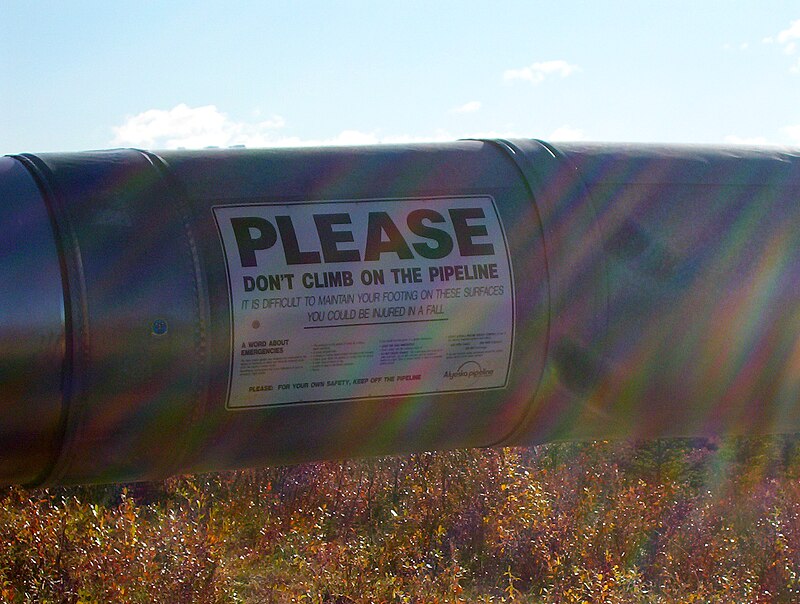On July 10, 2000, a tragic event took place in Jesse, a small town in Nigeria. A massive pipeline burst, resulting in an explosion that claimed the lives of nearly 250 people. The blast ignited a fire that spread through the already impoverished and densely populated area, leading to the destruction of buildings and homes while the community struggled to contain the flames.
Unfortunately, the tragic incident on July 10 was not an isolated event; it was just one of many pipeline explosions. A combination of factors contributed to the numerous pipeline failures in Nigeria during the late 1990s and early 2000s. Many of the pipelines were old and poorly maintained, resulting in inadequate infrastructure and multiple points of failure. Corrosion weakened the pipes, making them more susceptible to breaking. Additionally, the pipelines frequently suffered from vandalism and sabotage. Criminal groups in the area would drill holes in the pipes to siphon off oil, leading to leaks and extensive damage. Many individuals also tapped into the pipelines illegally, driven by desperation due to poverty, leading to additional pipeline accidents.
The events of July 10, along with other pipeline explosions during that period, underscored the significant risks associated with Nigeria’s pipeline infrastructure and the desperation of its people. While many major pipelines have been repaired after suffering extensive damage from explosions, Nigeria’s pipeline infrastructure still requires improved security and maintenance.

